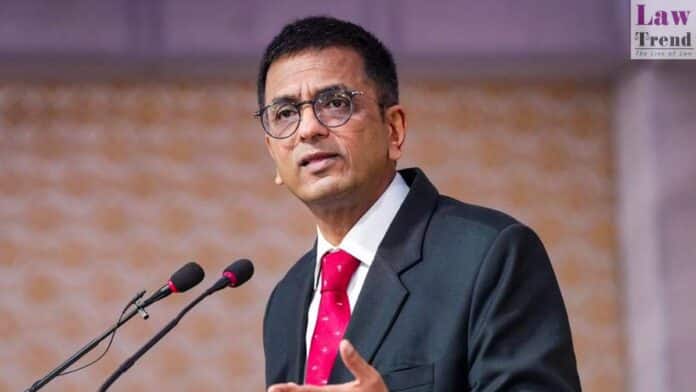Chief Justice of India, Dr. D.Y. Chandrachud, while speaking at an event organized by Marathi daily ‘Loksatta’, defended the collegium system of appointing Supreme Court and High Court judges, asserting that although every institution can be improved, it doesn’t imply fundamental flaws.
The Chief Justice addressed questions on the collegium system during his inaugural lecture in a series hosted by ‘Loksatta’. He highlighted that the collegium system is a federal structure involving both central and state governments alongside the judiciary. “It operates through a consultative process where, despite occasional disagreements, a consensus is generally achieved. This reflects the robustness of our federal system,” said Justice Chandrachud.
During the interaction, he emphasized the need for maturity in understanding the workings of the system. “Occasional lack of consensus is part of the institutional process, which showcases the strength rather than the weakness of our system,” he remarked.
Responding to concerns regarding the collegium system, the Chief Justice noted that discussions about candidates are conducted with considerable maturity. “We must recognize that criticism is easy, but it is crucial to acknowledge that the possibility for improvement does not equate to inherent flaws,” he added.
Justice Chandrachud also shed light on the burdens faced by judges, stating that the complexity and volume of work increase significantly as judges ascend within the judicial hierarchy. “Judges remain committed to their duties, even during vacations. They are not merely passing time but are deeply engaged in their responsibilities,” he stated.
The Chief Justice further commented on the impact of social media on the judiciary. “The judicial process has adapted to the challenges posed by social media, which requires judges to be extremely cautious in their communication. Despite its challenges, social media plays a positive role by broadening the public engagement with the judiciary,” he concluded.




